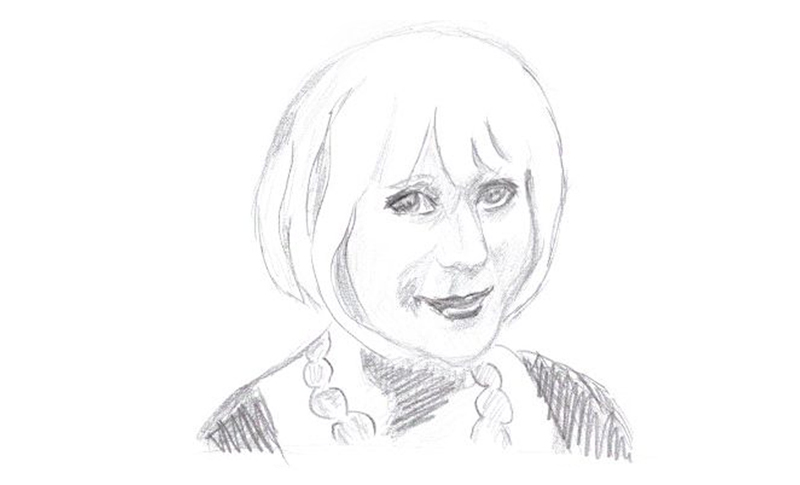My neighbour was kind enough to drive me to #Heathrow terminal five. It rose out of the Hounslow ground like the architectural jewel of an emerging state, and proved equally hard to navigate our way into. Once there, it gleamed even brighter than the orange façade of #Luton airport departure terminal. The unprepared traveller could be blinded in the reflection of all that glass and chrome. You need dark glasses to enter there.
How to work out where the walls, stairs and floors began and ended in all that reflected glory turned out to be quite a challenge. Hardly had I had time to get my cane out when the much trumpeted #British Airways customer service swung into action. An explanation of my predicament was met with an equally firm explanation that the worlds favourite airline no longer offered assistance. Politely but firmly, I offered up the best challenge I could for six in the morning. “I can give you directions to the gates”. Was the reply. That would have to do for now. “Certainly Madam, they’re over there”. Just like an air hostess pointing out the escape routes, she pointed into oblivion.
“I have no idea where over there is,” I said. “I can’t see; so can you describe how I get there?”
“It’s over there,” she said.
On the third time of asking she got it.
Standing bare foot and vulnerable while my shoes are checked for explosives and my bags are being rifled by youths in crisp new uniforms, that they shift about awkwardly in, I am approached by one of them who informs me that weapons are prohibited and must be surrendered. I explain that I don’t have any weapons. “What’s that then?” he says making a play for the cane.
“It’s the universal symbol of blindness. I can’t see much.”
I don’t put up any resistance to his request to check for hidden explosives or elicit mascara or whatever it is he thinks I have concealed. My feet are now freezing.
He returns with my monocular in his hand. The monocular is an essential, something I use every day for reading signs when I’m out and about. (like half a pair of binoculars).
“You can’t have this,” He says with an air of triumph.
I protest that no one has ever tried to take away my mobility aids and that I will not put up with this.
“it’s a weapon.” The youth is obsessed. “You can’t have a gun sight,” he says.
I am momentarily stumped by this. Very slowly I explain that I am blind, not an assassin.
“You don’t look blind to me. You need a doctors’ certificate. How do I know you are not lying?”
My mouth is hanging open while I compose myself and consider my dignity as I think about how I want to respond to this. Pausing to allow enough time to engage the brain with the mouth is a useful skill come of age. It is a skill the youth has not yet acquired. He does not let the grass grow under his feet. Sensing he is now onto something, he delivers his killer question. “How many fingers am I holding up?”
I say that I don’t have to subject myself to this and demand his supervisor is called. He repeats the question.
Who knows how many fingers he was holding up, but on balance it seemed best to humour him, bring matters to a swift conclusion and move on. I stuck up two fingers and we all know what that’s the universal symbol of.



